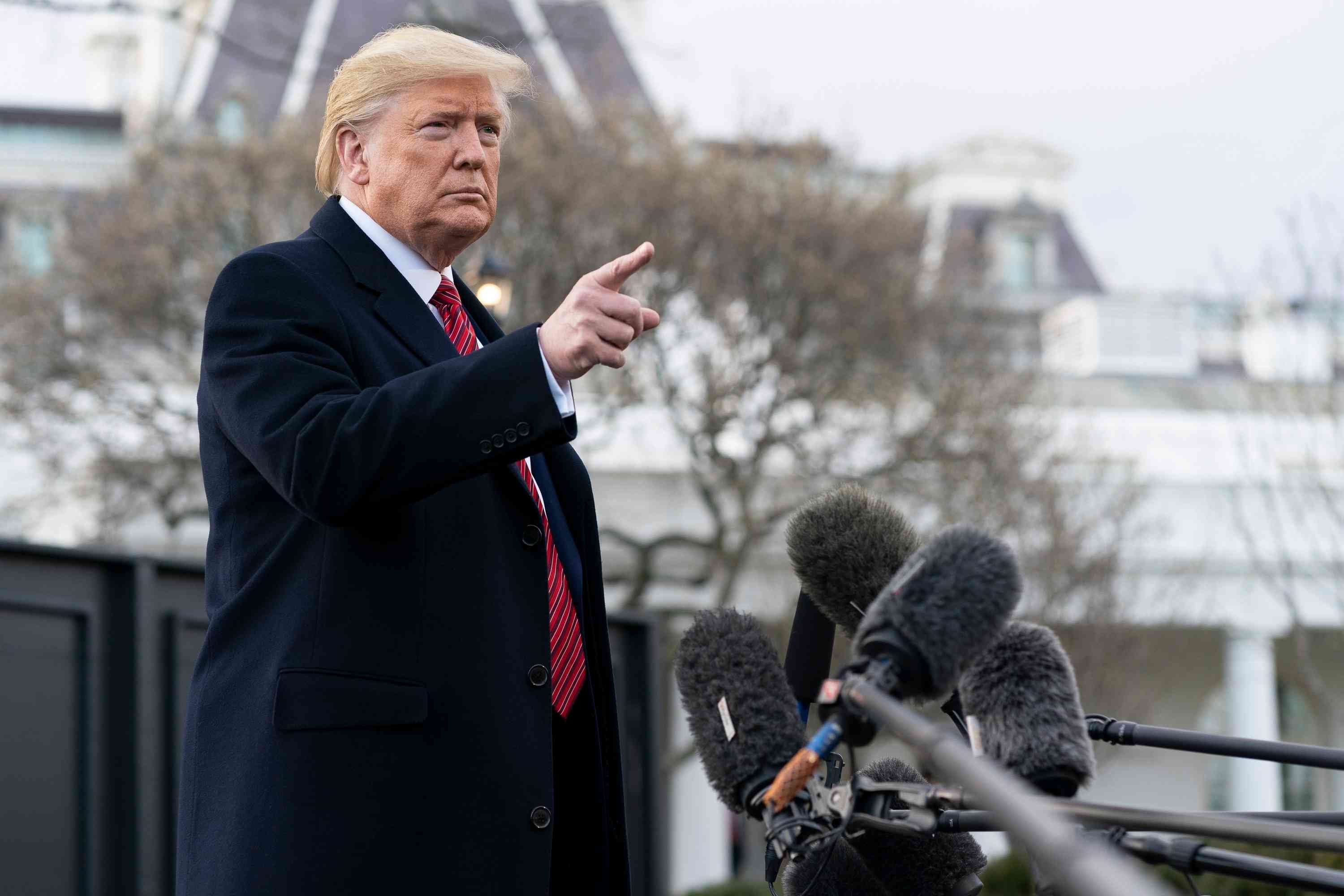Frozen
The Middle East Is Moving Fast - and Israel?
The reports about new American-Syrian initiatives should alarm Israel for several reasons - chief among them, an emerging trend that demands a shift in doctrine which, at present, Israel is unable or unwilling to make


In an era where dynamism has become a basic requirement in international policy, a pressing question arises: Can Israeli conservatism still integrate into the strategic framework led by the United States under Donald Trump?
Trump, as is well known, seeks to roll back U.S. involvement in the Middle East. But withdrawal does not mean retreat. On the contrary - it demands the emergence of strong regional players who can act independently on the ground. For that reason, and despite repeated declarations of support for Israel, Trump is looking for dynamic allies who can take initiative - even if that means partnering with less-than-ideal forces.
Trump is open to hear new things, he is allowing state-actors room to show what they can bring to the table, Israel, by contrast, is trapped between its historical potential for dynamism and the deeply conservative doctrine that governs it today.
This doctrine, shaped largely by Benjamin Netanyahu, is built on avoidance: don’t provoke, don’t initiate, don’t lead - simply respond, cautiously, within the existing framework. A striking example of this contradiction is Israel’s return to Gaza for a third round of fighting within a single year. On the surface, it seems like bold action - but in reality, it is just another form of avoidance disguised as motion. It's repetition without strategy, action without direction.
Meanwhile, the region is changing. The America leaves requires bold action. The policy of "sitting quietly," which made strategic sense when Washington was steering the ship, no longer holds water.
Without an engaged superpower to outsource Israel’s diplomatic and security dilemmas to - what justification remains for stillness?
Historically, Zionism succeeded by combining conservatism with bold action. Under Mapai and Ben-Gurion, we saw caution in foreign policy - but great internal dynamism, nation-building, and bold regional posturing.
What is needed is not necessarily a military move, but rather conceptual and diplomatic boldness: regional initiatives, alliance-building, economic investment, and the articulation of an independent strategic vision - not one dependent on American sponsorship. These steps are critical if Israel wants to remain a relevant actor in a rapidly shifting region.
Tragically, the absence of a functioning, independent foreign ministry leaves no institution in Israel to even ask these strategic questions. The state moves forward on autopilot, guided by inertia.
Perhaps the personal relationship between Trump and Netanyahu remains intact - but what is certain is that the dynamism in Washington increasingly clashes with the stagnation in Jerusalem. Unless Israel wakes up, it won’t simply fall behind. It will do so as a deliberate choice - not as a victim, but as a passive observer in a game it once helped define.